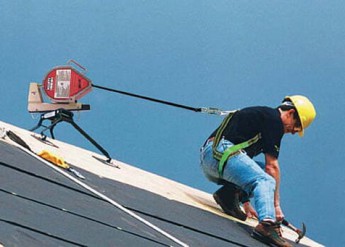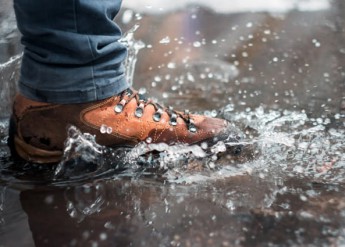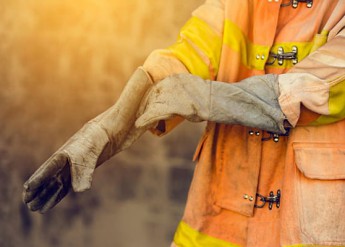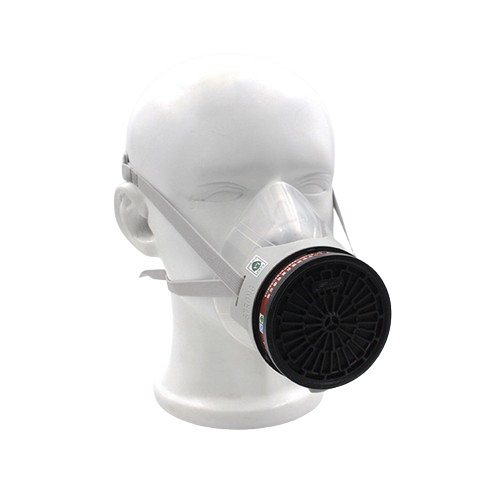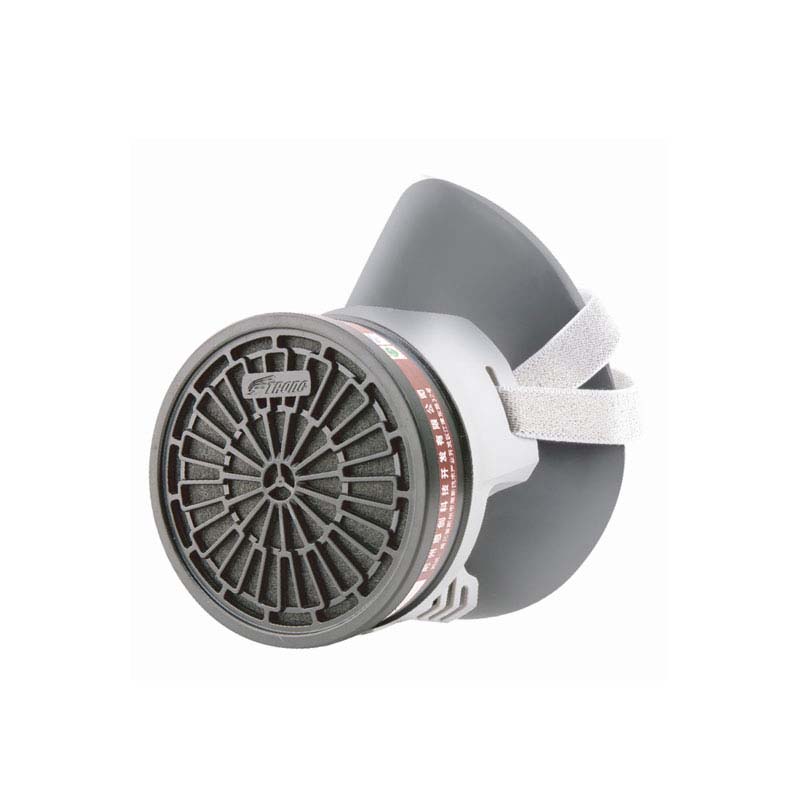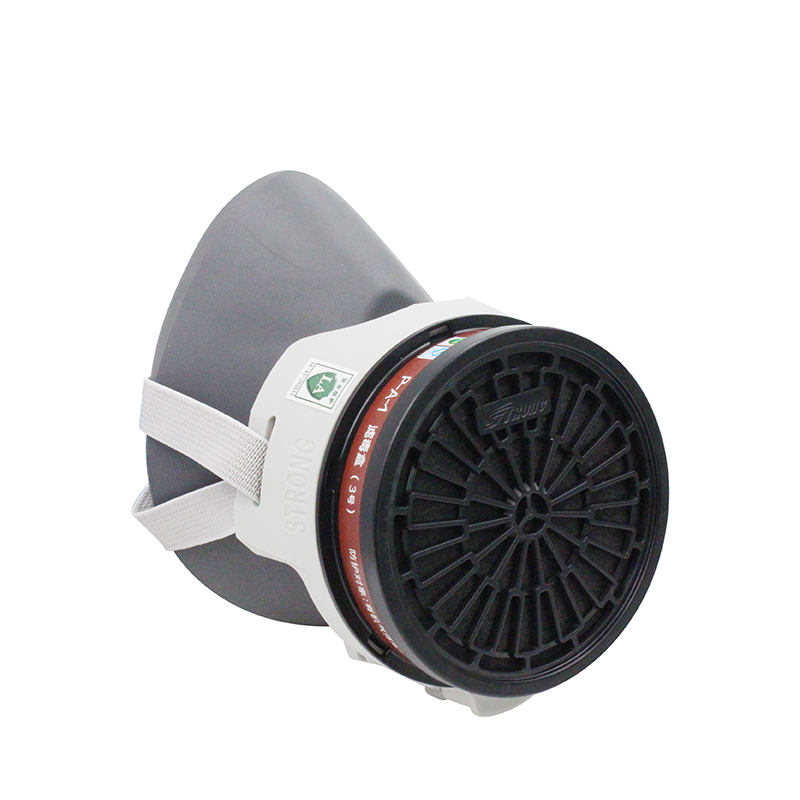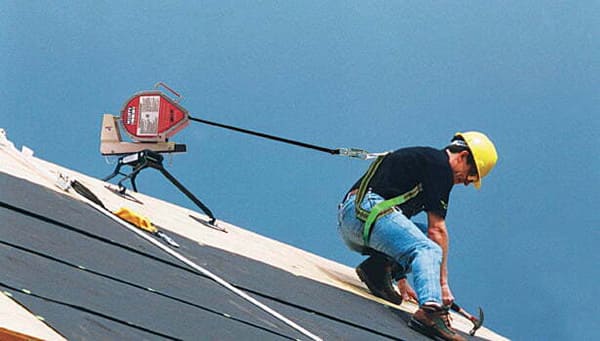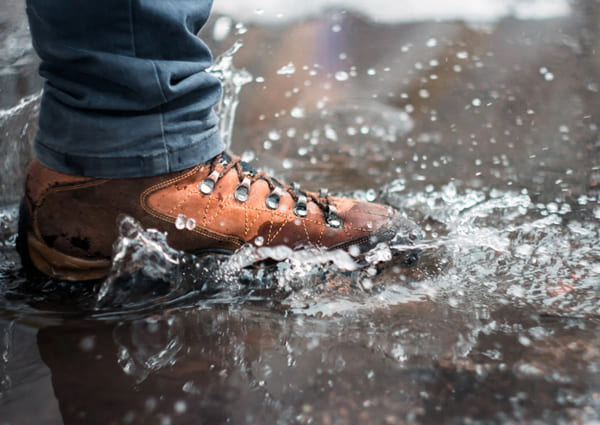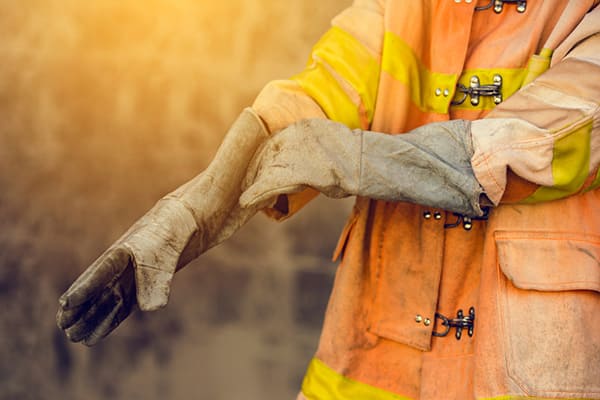What is the Difference Between Water and Dry Chemical Fire Extinguishers?
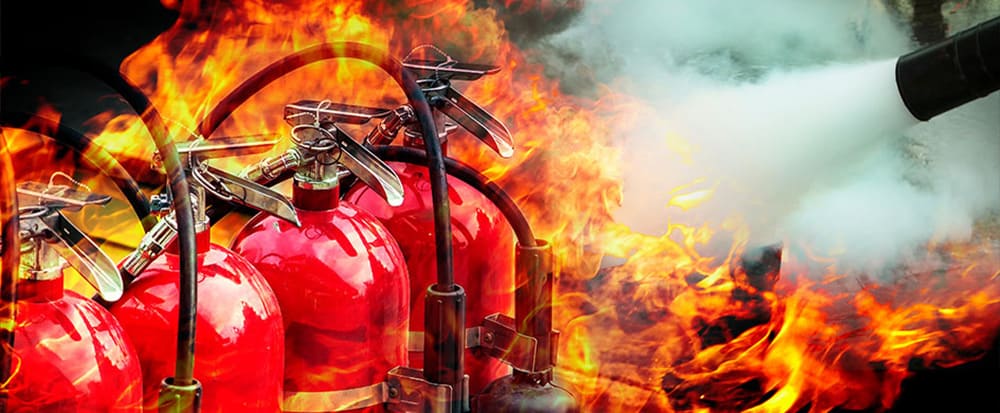
When it comes to fire safety, having the right type of fire extinguisher is crucial. Water and dry chemical fire extinguishers are two commonly used types, each with its own unique properties and applications. Understanding the differences between these extinguishers is essential for choosing the appropriate one in different fire scenarios. In this article, we will explore the distinctions between water and dry chemical fire extinguishers.
Water Fire Extinguishers:
Water fire extinguishers, as the name suggests, use water as their primary extinguishing agent. They are primarily designed for Class A fires, which involve ordinary combustible materials such as wood, paper, fabric, and plastics. Water extinguishers work by cooling down the fire and reducing the temperature of the fuel, thus extinguishing the flames. However, it is important to note that water extinguishers should not be used on fires involving flammable liquids, electrical equipment, or cooking oil.
Dry Chemical Fire Extinguishers:
Dry chemical fire extinguishers, on the other hand, utilize a dry chemical powder as their extinguishing agent. They are versatile and can be used on different types of fires, including Class A, Class B, and Class C fires. Class A fires involve ordinary combustibles, Class B fires involve flammable liquids, and Class C fires involve electrical equipment. Dry chemical extinguishers work by interrupting the chemical reaction of the fire, forming a barrier between the fuel and oxygen, thereby smothering the flames.
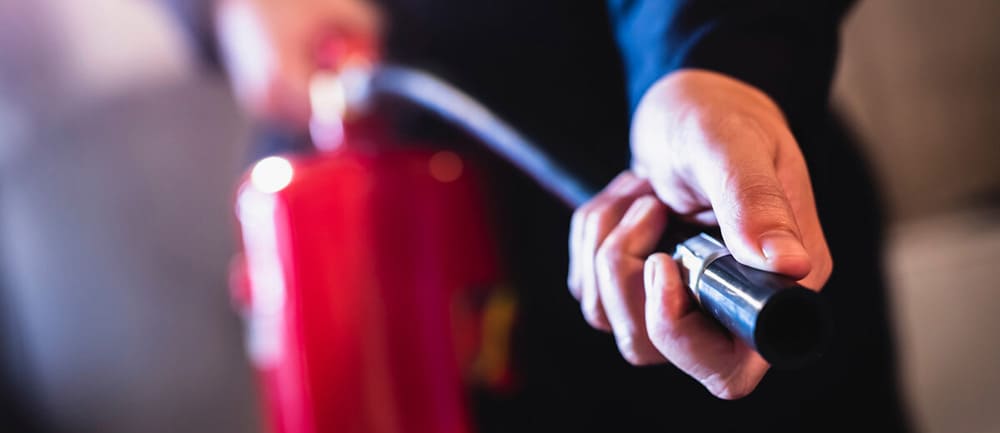
Key Differences:
1、Extinguishing Agents: The primary difference between water and dry chemical fire extinguishers is the extinguishing agent used. Water extinguishers use plain water or water mixed with additives, while dry chemical extinguishers use a dry chemical powder.
2、Applications: Water extinguishers are suitable for Class A fires, while dry chemical extinguishers can be used for Class A, B, and C fires.
3、Fire Suppression Mechanism: Water extinguishers cool down the fire and reduce the temperature of the fuel, while dry chemical extinguishers interrupt the chemical reaction of the fire.
4、Limitations: Water extinguishers should not be used on fires involving flammable liquids, electrical equipment, or cooking oil, whereas dry chemical extinguishers are effective for these types of fires.
5、Cleanup: Water extinguishers leave behind water and may cause water damage, while dry chemical extinguishers leave behind a residue that requires cleanup after use.
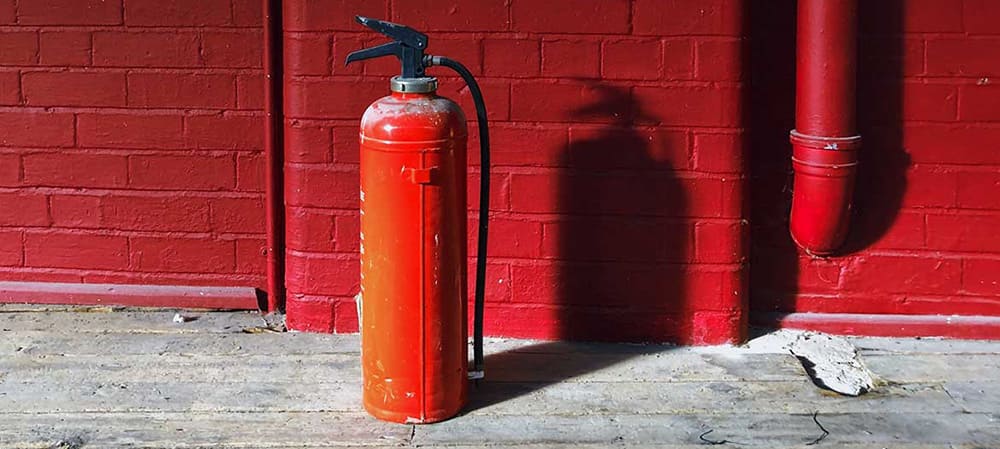
Choosing the Right Extinguisher:
To determine which type of fire extinguisher to use, it is essential to assess the potential fire hazards in a particular setting. Understanding the types of fires that may occur and the materials present will help in making an informed decision. It is advisable to have a combination of different types of fire extinguishers available to handle various fire scenarios effectively.
Conclusion:
Water and dry chemical fire extinguishers have distinct differences in terms of their extinguishing agents, applications, fire suppression mechanisms, and limitations. Water extinguishers are suitable for Class A fires, while dry chemical extinguishers can handle Class A, B, and C fires. Choosing the right fire extinguisher based on the specific fire hazards is crucial for effective fire safety. By understanding these differences, individuals can make informed decisions and be better prepared to tackle different types of fires, protecting lives and property.

